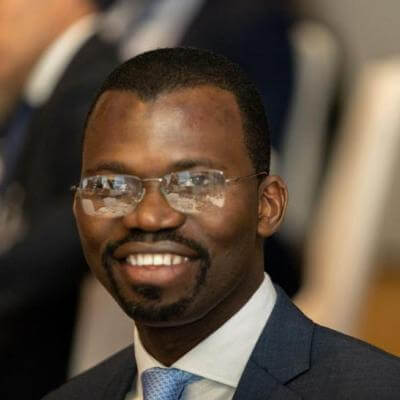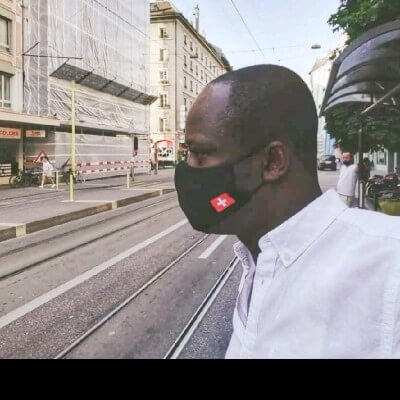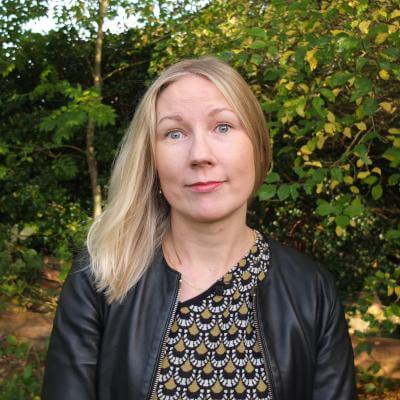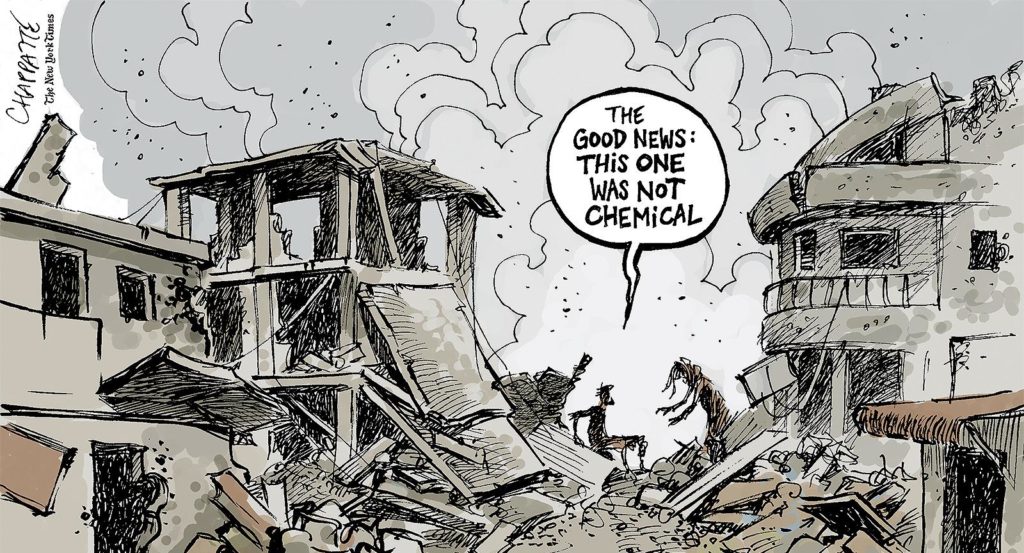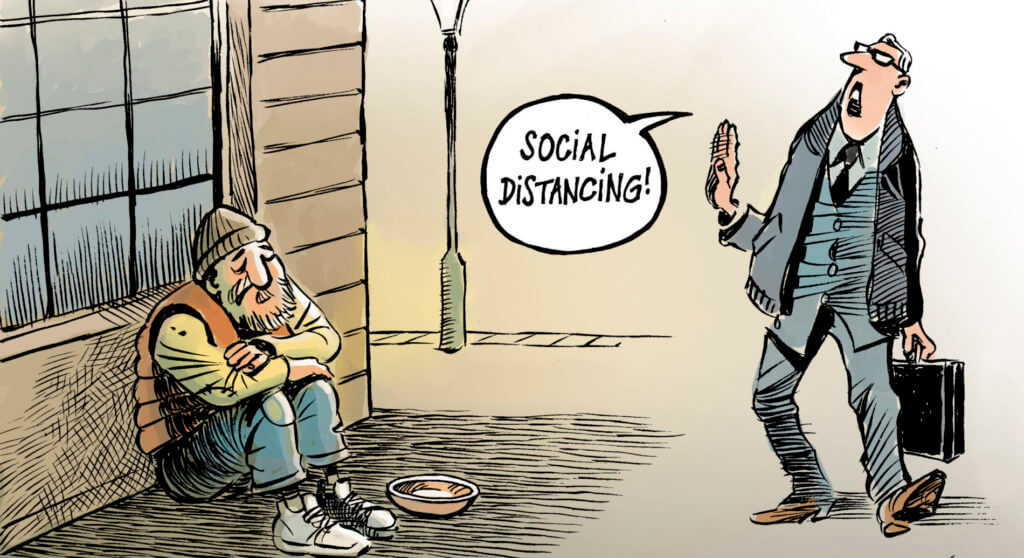The essays in this volume are the product of a new ‘research practicum‘ course in the Department of Political Science and International Relations at the Graduate Institute in Geneva. They build on the debates on ‘Urban Morphology and violence’ to reflect on the associations between cities – their political orders and disorders – and outcomes ranging from occupation and resistance to marginalisation and containment. These texts foreshadow the possibility of centring – and challenging – the urban in our understanding of contemporary conflict, violence and peace. They are a first step in opening up a research agenda for a more textured analysis of spatial, geographical and temporal dynamics within the city in relation to violence, and, therefore, the mobilisation of spatial, temporal and visual modes of analysis. The promise is to make visible the varied roles of urban morphologies – adding to the debate on cities in and as sites of conflict.
Emad Hajjaj / cartooningforpeace.org/
After a century marked by decolonisation and the imposition of a development model based on Western standards, Africa has entered the 21st century with a new status thanks, among other things, to its demographic dynamism (2 billion inhabitants in 2050 according to the UN, over 50% of whom will be under 25), its sustained economic growth, its extensive mineral and energy resources, and its drive for political leadership.
Additionally, since the end of the Cold War, emerging countries are successfully challenging the leadership of the West and are transforming this plural continent. If China has come to play a preponderant role, notably in terms of infrastructure development, the existence of multiple Africas presents prospects for a host of other international actors.
The continent’s development, however, is not without raising many questions, as it is still marked, in many ways, by issues of poverty and inequalities, as well as civil conflict and political repression.
The African continent is seeking more than ever to assert its autonomy of decision and action by making the most of its diverse potential. How will Africa – in its plural dimension – take advantage of this dynamism to write a new page in its history in the decades to come?
-
I
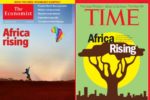
Africas Rising: The 21st Century Promise?
Reading time: 9 min -
1

In from the Periphery: How Africa Can Contribute to the Making of a Pluriversal World
Reading time: 5 min -
2

Energy Transition and Global Tax Reform: Boosting Africa(s) on the Rise?
Reading time: 5 min -
3

Africa: Violent Pasts and Other Futures
Reading time: 6 min -
4

“An Epidemic of Coups d’État” in Africa
-
5

African Conservation Futures
Reading time: 5 min -
6

Who Is Rising? Popular Critiques of the Economic Power of Mega-Churches in Ghana
Reading time: 5 min -
7

Towards Greater Visibility of African Women in Politics
Reading time: 4 min



